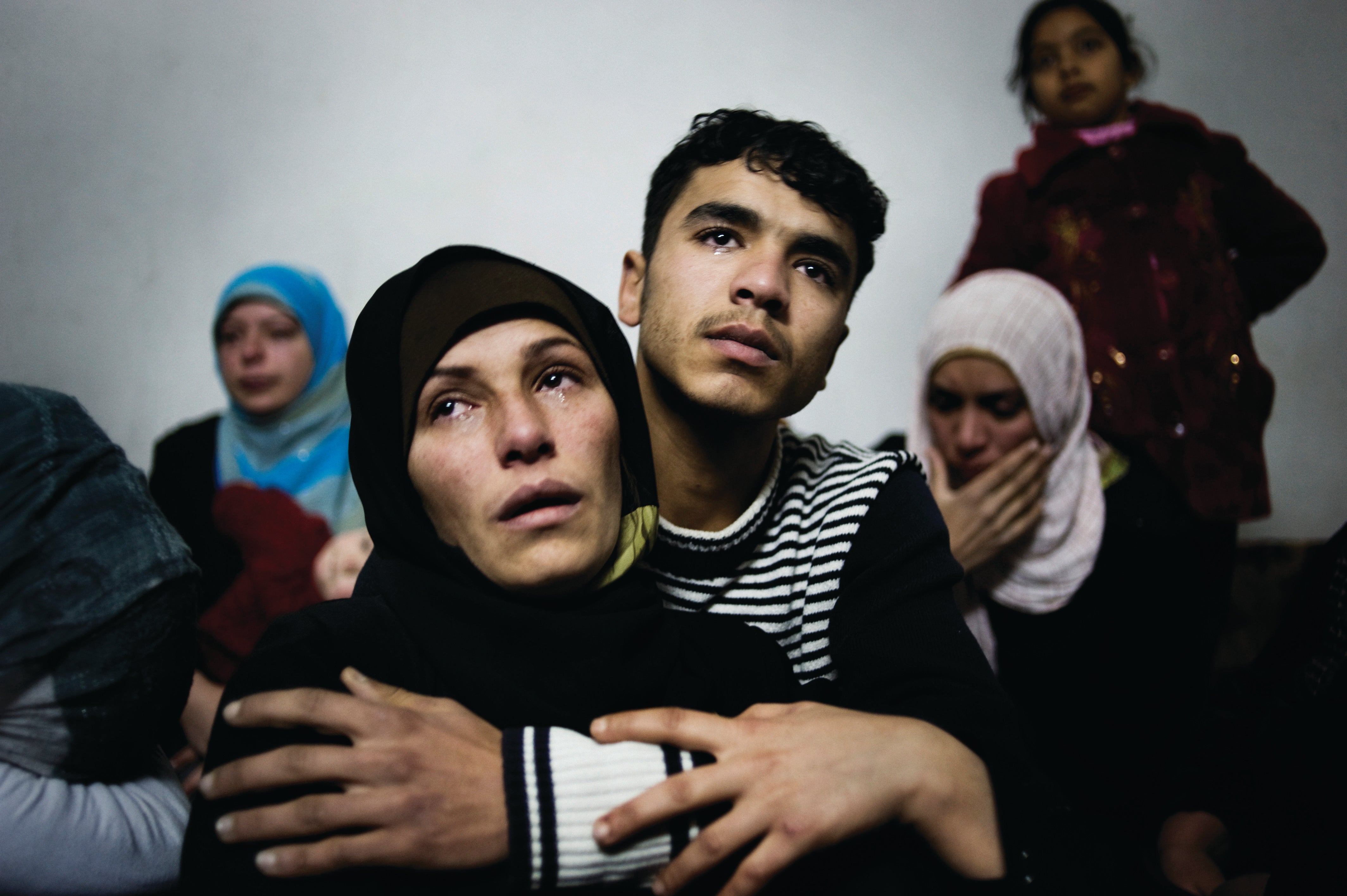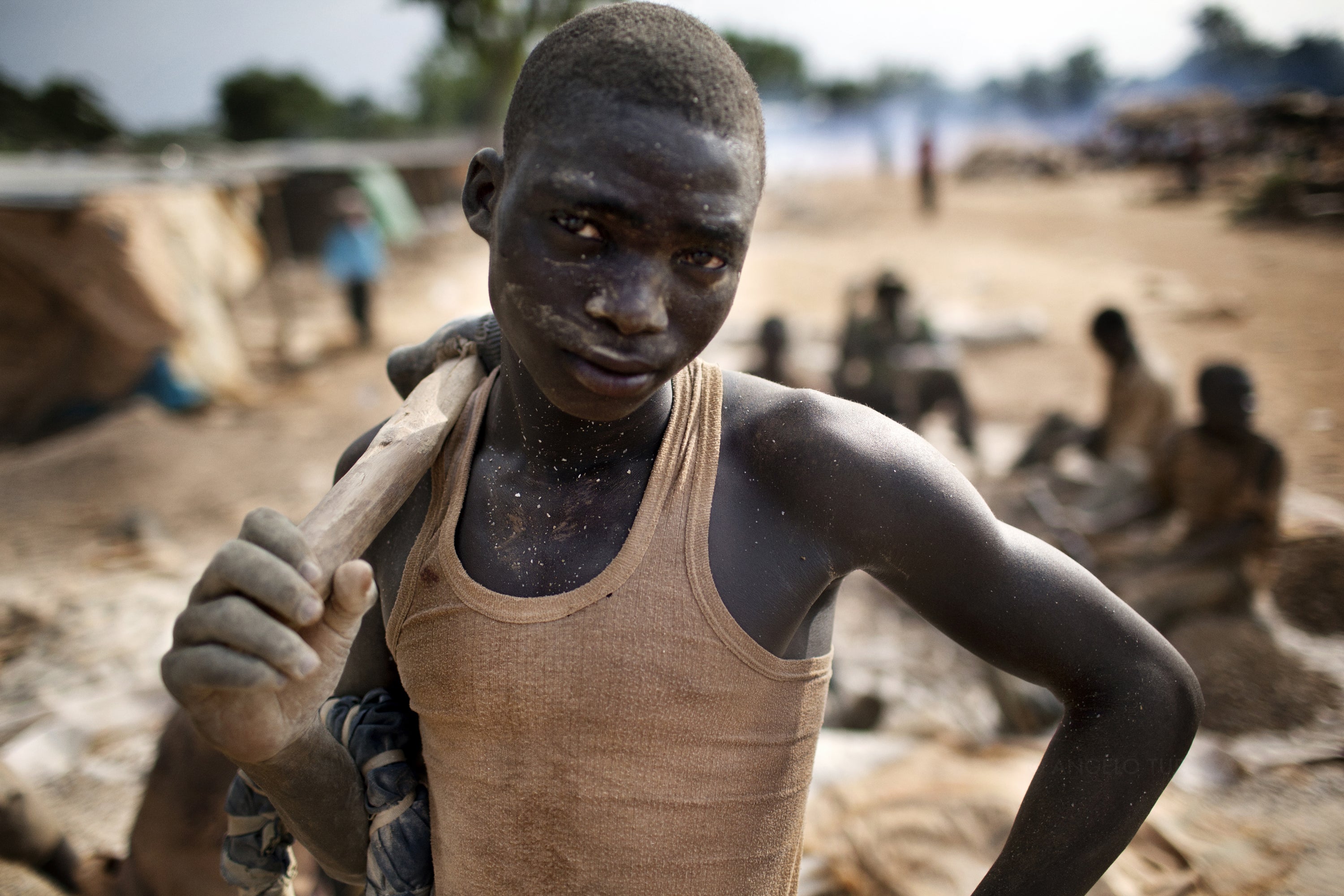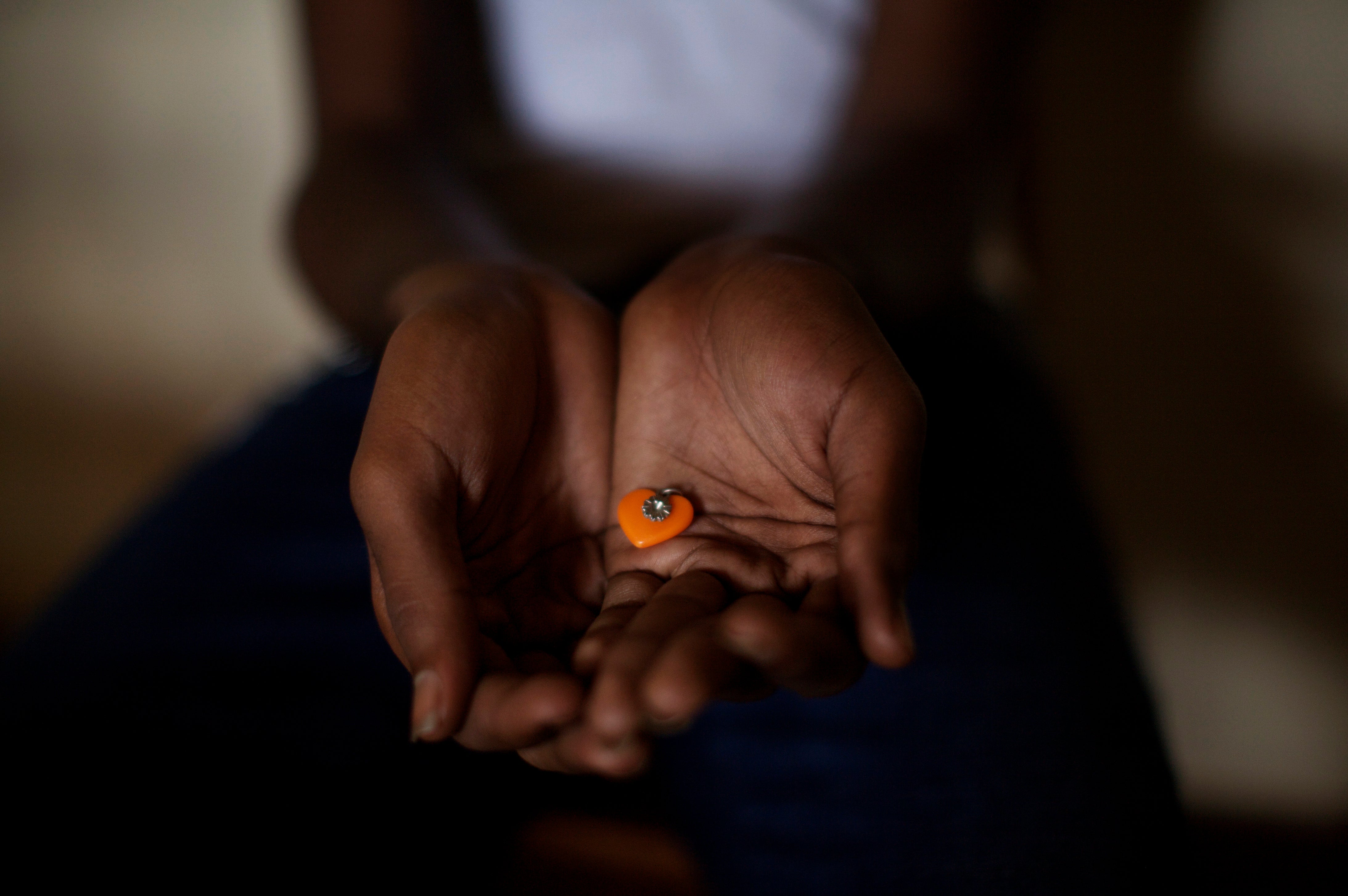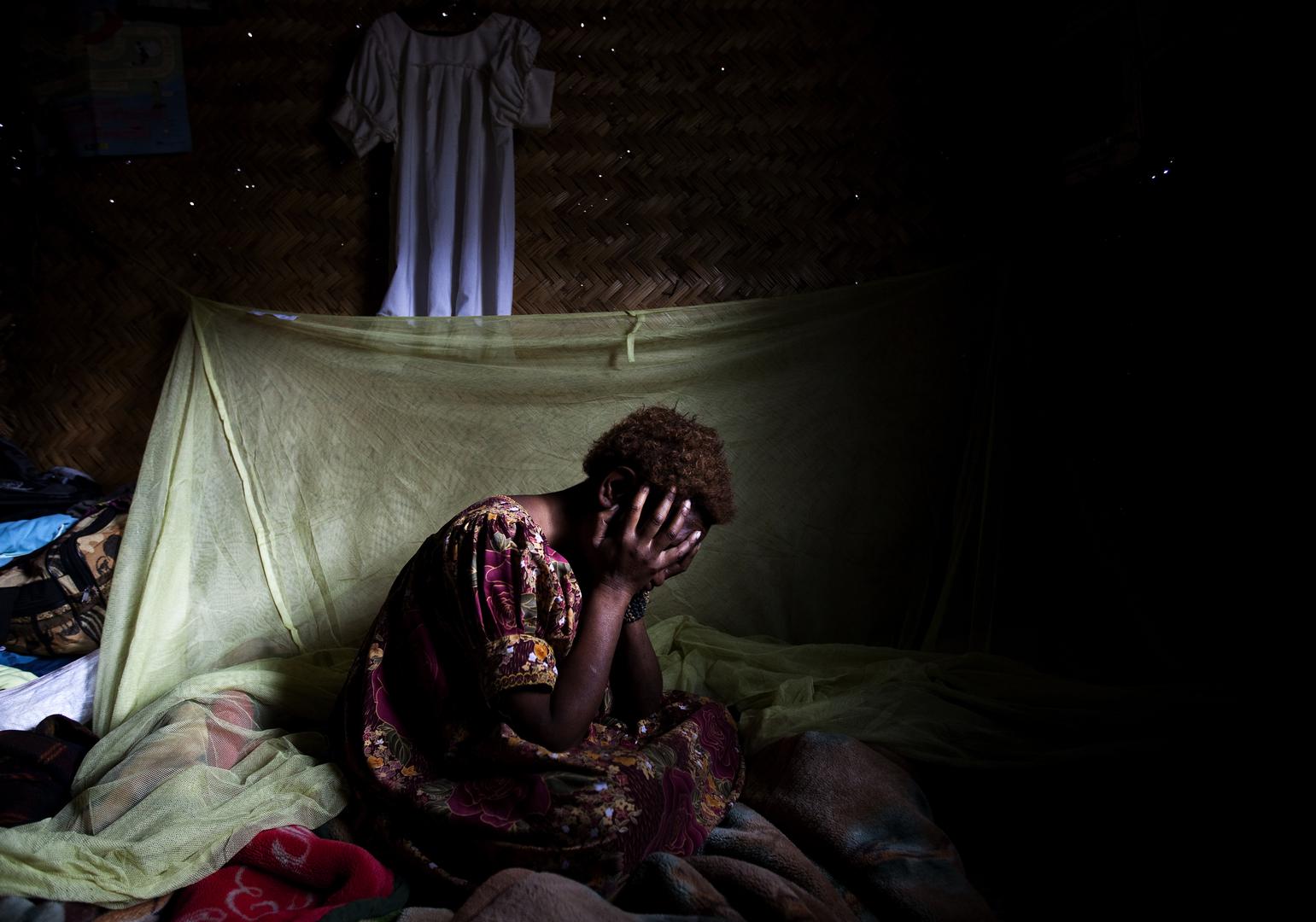The Philippines is a multi-party democracy with an elected president and legislature, an active civil society sector, and a vibrant media. Two years into power, President Benigno S. Aquino III continues to enjoy significant political capital and goodwill, in part because the economy has performed better in the past two years than during the administration of Gloria Macapagal-Arroyo. Aquino has expressed his commitment to improve the human rights situation and to undo the harm done to basic rights by his predecessor.
In 2012, the government pushed for legislation improving reproductive health and domestic workers rights, and actively engaged international bodies in seeking ways to improve the criminal justice system. In October, Congress passed legislation criminalizing enforced disappearances, the first of its kind in Asia.
The Aquino administration has promised to expedite human rights investigations and to improve the capacity of investigators, prosecutors, and the courts. It has taken some action against high-profile officials implicated in abuses, including ordering that charges be filed against a high-ranking military officer, and a former governor implicated in the killing of a journalist. More importantly, extrajudicial killings and enforced disappearances have decreased since Aquino took office in 2010. However, harassment and violence against political activists and journalists continue. No one was convicted in any extrajudicial killing case since Aquino became president.
Military and police personnel frequently commit serious human rights violations. Armed opposition forces, including the communist New People’s Army (NPA), the separatist Moro Islamic Liberation Front, and the Islamist extremist group Abu Sayyaf, have often committed serious abuses against civilians. The Philippine government and the Moro Islamic Liberation Front signed a “framework agreement” in October, which promised an end to the four-decades-old conflict in the southern region of Mindanao.
Free expression suffered a serious setback when Congress passed a law in October that allows for stiff criminal sentences for online defamation.
Criminal Defamation and Media Freedom
While the Philippines has long had one of the world’s freest cyberspaces, in 2012 Congress passed the Cybercrime Prevention Act, which Aquino signed into law on September 12. The law’s criminal penalties for online libel and other restrictions are a serious threat to free expression in the Philippines. The new law drastically increases the penalty for computer-related libel, with the minimum punishment raised from six months to six years. In October, lawyers, journalists, and bloggers filed several petitions before the Supreme Court against the law. On October 9, the court issued a temporary restraining order suspending its implementation for 120 days.
Media and human rights organizations have long urged the government to decriminalize libel, which the United Nation Human Rights Committee (UNHRC) views as a violation of the International Covenant on Civil and Political Rights (ICCPR), but bills for this proposal have languished in Congress over the years. In October, Aquino said he “subscribes to the idea of decriminalizing libel.” The bills were still in Congress at this writing.
Killings and harassment of journalists continued in 2012. According to media groups, three journalists were murdered in 2012 because of their work, bringing the total number to 10 since Aquino took office. Journalists also complained about being physically assaulted by men allegedly working for local politicians and of being threatened through text messages.
Extrajudicial Killings and Enforced Disappearances
The Aquino administration has failed to keep its commitment to hold those responsible for extrajudicial killings to account. Since 2001, hundreds of leftist activists, journalists, environmentalists, and clergy have been killed by alleged members of the security forces. Local human rights organizations reported approximately 114 cases of extrajudicial killings since Aquino came to office, and 13 at this writing.
Despite strong evidence that military personnel have been involved, investigations have stalled. No one was convicted for political killings in 2012. The government has attempted to hold some high-profile suspects accountable. Retired Maj. Gen. Jovito Palparan, who is facing kidnapping and illegal detention charges for the 2006 abduction of activists Sherlyn Cadapan and Karen Empeño, went into hiding after the government announced plans in December 2011 to arrest him. Joel Reyes, a former governor of Palawan province and the alleged mastermind in the January 2011 killing of journalist and environmentalist Gerry Ortega, managed to leave the country.
Abuses by Paramilitary Forces
While the government claims that it has managed to reduce the number of “private armies” controlled by politicians, it has resisted calls for dismantling government-backed paramilitary forces.
Several extrajudicial killings have recently been attributed to members of the Citizen Armed Force Geographical Units (CAFGU), which the military controls and supervises, as well as the Special CAFGU Active Auxiliary, which the army trains but companies hire to protect their operations. In October 2011, Aquino authorized paramilitary forces to protect mining investments.
Aquino had at this writing still not fulfilled his promise during the 2010 election campaign to revoke Executive Order 546, which local officials cite to justify the provision of arms to their personal forces. Among those who benefited from this order is the Ampatuan political clan in Maguindanao, whose senior members are accused of the November 23, 2009 massacre of 58 supporters of a political opponent and media workers in Maguindanao province. The trial continued in 2012. Although authorities have identified 197 suspects in the massacre, only 99 have been arrested (one of them died in jail and the court dropped charges against another). Of the accused, only 78 have been indicted. Four of the 98 suspects still at large are soldiers; the rest are members of the Ampatuan militia. Some witnesses have been killed, while families of the victims reported being harassed and threatened in 2012.
Attacks on Environmentalists
Activists vocal in opposing mining and energy operations that they say threaten the environment and will displace tribal communities from their land continued to face attack in 2012. Many mining investments in the Philippines are in areas with large indigenous populations or controlled by tribal groups. In one case, Margarito J. Cabal, 47, organizer of a group opposing a hydroelectric dam in Bukidnon province, was gunned down on May 9. At this writing, no one had been arrested for the killing in October 2011 of Italian priest Father Fausto Tentorio in North Cotabato province, reportedly carried out by the Bagani (“tribal warriors”) paramilitary group under military control. Tentorio was a longtime advocate of tribal rights and opposed mining in the area.
Death Squad Killings
So-called death squad killings in Davao City, in the southern Philippines, and other cities continued in 2012. In August, the Commission on Human Rights released a “resolution” on its investigation of the so-called Davao Death Squad. It affirmed reports of the targeted and systematic killings by the so-called Davao Death Squad in Davao City, mostly of suspected criminals, many of them young men and teenagers. The commission said it verified 206 out of an alleged 375 killings between 2005 and 2009 that it had previously listed. The commission called for the investigation of local officials and police, which had not started at this writing.
New People’s Army Abuses
The military and the communist New People’s Army continue to clash across the Philippines, particularly in southern Mindanao. Peace talks that began in 1986 between the government and the National Democratic Front, the political arm of the Communist Party of the Philippines, made no progress in 2012.
The NPA committed frequent abuses against civilians. On September 1, NPA rebels lobbed a grenade at a military outpost in Paquibato, Davao City, but instead hit and wounded civilians who were attending a nearby community fair. The NPA continued to kill individuals it deemed to have committed “crimes against the people” or the communist movement, among them tribal leader Abantas Ansabo, who was shot dead in July in North Cotabato province. The NPA claimed Ansabo was a paramilitary leader who committed abuses against local residents. In March, the NPA killed Patrick Wineger, a North Cotabato businessman of Swiss-Filipino descent, saying the victim had been engaged in “anti-communist activities.”
Children and Armed Conflict
The NPA, the Moro Islamic Liberation Front and Abu Sayyaf allegedly continued to recruit and use children within their forces. The Philippine army at times used schools for military purposes, such as camping on school grounds and using school facilities during civil-military operations, despite a Philippine law prohibiting such activities. The latest reported incident of this violation occurred in Davao City in October.
Domestic Workers
The Philippines’ ratification of the Domestic Workers Convention in September will bring the groundbreaking international treaty into legal force, promising better working conditions and key labor protections for millions of domestic workers worldwide. At this writing, Aquino had not signed into law a bill promising better wages and benefits, and more protection for the country’s estimated 2 million domestic workers.
Key International Actors
In July, the European Union and the Philippines strengthened their relationship by signing a new Partnership and Cooperation Agreement that promises, among other things, better cooperation on such issues as human rights, security, migration, and energy.
The United States remained the Philippines’s most influential ally and, together with Australia and Japan, the country’s largest bilateral donors.
The US military has access to Philippine territory and seas under a Visiting Forces Agreement, and the two militaries held in October one of their annual joint exercises. In August, the US delivered military hardware as part of the Philippines’ efforts to modernize its military. The US has made some effort to address the problem of extrajudicial killings in the Philippines by providing assistance to the Philippine Commission on Human Rights, training investigators and prosecutors, and supporting judicial reform. Despite Philippine government efforts to end restrictions, the US Congress continued in 2012 to withhold $3 million in annual assistance to the Philippines military because of human rights concerns.
In June, the European Parliament adopted a resolution calling on the Philippine government to end impunity for extrajudicial killings, torture, and enforced disappearances.
The Philippines is a member of the UN Human Rights Council (HRC), but during 2012, as in previous years, it failed to take a strong or principled stand on key votes. For example, it repeatedly abstained from voting on measures to improve the human rights situation in Syria. In March, the Philippines voted against the HRC resolution calling on the Sri Lankan government to take action to ensure justice and promote national reconciliation following the country’s internal armed conflict.




